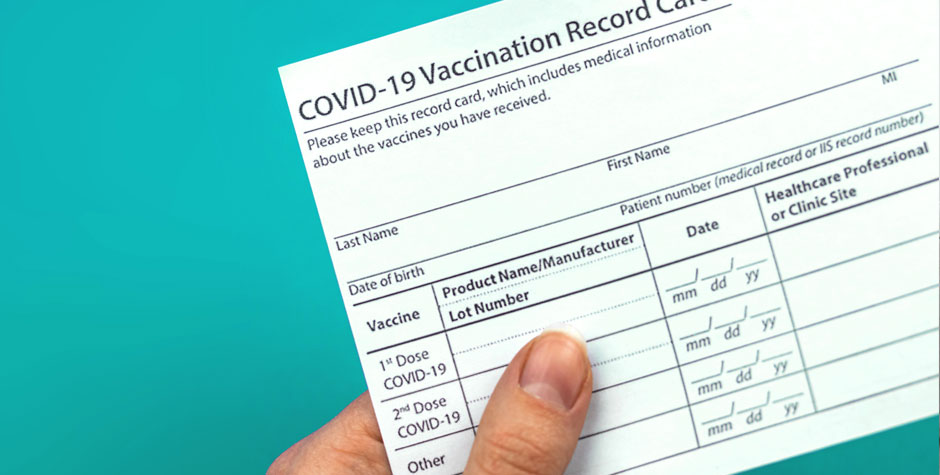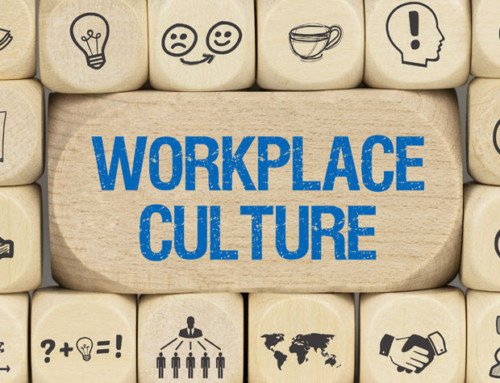The Founding Fathers created many historically important, country-defining documents. Think: Declaration of Independence, Constitution, and Rules of Baseball (which established our national pastime, granting it independence from the tyrannies of cricket, rounders and stoolball).
But when they created the Bill of Rights, James Madison and his colleagues stopped one step short. Maybe they knocked off early that afternoon to toss a baseball around the front yard. They should have stuck it out for a few more hours and created a Bill of Responsibilities to parallel the Bill of Rights. Especially now, when a vocal group of Americans claims the right to remain unvaccinated, we need a renewed understanding of what we all owe our fellow citizens in exchange for the freedoms we want to exercise. The anti-vax group’s collective thumb weighs too heavily on the “it’s my right” side of the scale.
The rights vs. responsibilities tussle is playing out with particular rancor in the workplace. Employers are struggling with what how to navigate a COVID-infected world, trying to do business while protecting workers, customers, and communities. A survey done in May 2021 by consulting firm Willis Towers Watson showed that 82 percent of employers have communicated the importance of vaccination to employees. They aren’t forcing the issue, however. Only 9 percent of companies require vaccination, the survey said.
So, what rights and responsibilities do employers have in this debate? Companies exist to sell products and services and to make money, and they have the right to continue to do so. They have the responsibility to pursue these ends in ways that do no harm to employees, customers and communities. This means providing people with a workplace safe from hazards, including infection by a potentially deadly virus. The Willis Towers Watson survey said that almost two-thirds of employers offer time off for vaccination and 58 percent offer time off for any side effects from the shot. Many have the capacity to provide vaccinations on the worksite, in addition to all the pharmacies, grocery stores, public sites, and physician offices providing shots. Soon, gas stations will be offering vaccinations along with fuel, fresh sushi and psychiatric advice.
What are employees’ rights and responsibilities in a world where COVID and its variants have become as much a part of the work landscape as jammed copiers and endless video conferences? Some point out that the Fourth Amendment protects the sovereignty of a citizen’s home from unreasonable search and seizure. They should have the same right to eschew a vaccine injection, they argue, which infringes on their physical sovereignty. The Supreme Court has, however, has carved out a series of exceptions for consent searches, motor vehicle searches, evidence in plain view, and other situations. The right to personal sovereignty ends where society’s interest in protecting itself begins.
The First Amendment grants the right to free speech, we hear. If the government can’t limit what you say in public, how can it limit your freedom to remain unvaccinated? In fact, the Supreme Court has rendered many verdicts abridging free speech in the interest of protecting society – publishing child pornography, printing statements that demonstrate disregard for the truth, and yelling fire in a crowded theater are all limited or prohibited.
The Second Amendment ensures the right to bear arms, many argue. If I can use a gun to defend myself, shouldn’t I be able to defend myself against a shot in the arm? Not necessarily. The Court has specifically stated that the Second Amendment does not limit prohibitions on the possession of firearms by felons and the mentally ill, penalties for carrying firearms in schools and government buildings, or laws regulating the sales of guns. Moreover, most jurisdictions limit where and when you can fire your 44 magnum. No target practice in your third-floor apartment, for instance. Jeopardizing your neighbor’s life is too big a price to pay for your freedom to fire your weapon at houseflies.
Every right brings a responsibility, often expressed as a limitation on the unfettered liberty to do whatever we want. COVID vaccination falls squarely within this territory. A couple of shots in the arm (or a bit of time wearing a mask, for that matter) is a reasonable requirement for spending time in public, particularly when some of our fellow citizens are especially vulnerable to a potentially fatal infection. Personal choices stop being purely personal when their exercise harms society more than it benefits the individual. This would be a good time to reflect on the words of Supreme Court Justice Oliver Wendell Holmes: “Your right to throw a punch stops where my nose begins.
Note
Some employees may have legitimate objections to vaccination. Medical exemptions may include allergies to vaccine components, a history of Guillain-Barré syndrome, or other health ailments that make the vaccine risky for the individual. For employees who advance religious objections, employers must make accommodations for the employee. Such accommodations may include reducing a mask requirement, modifying work duties to comply with social distancing, adjusting an employee’s schedule, or allowing (or even requiring) an employee to work from home. Check with legal counsel and health advisors in these situations.







